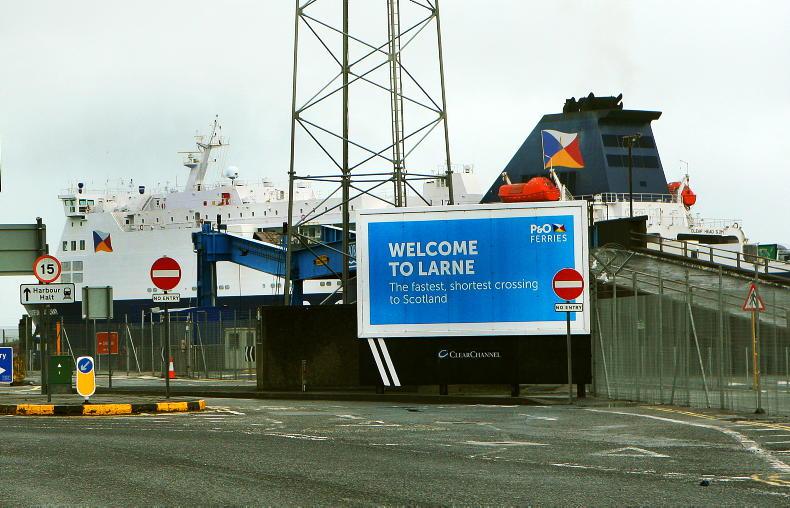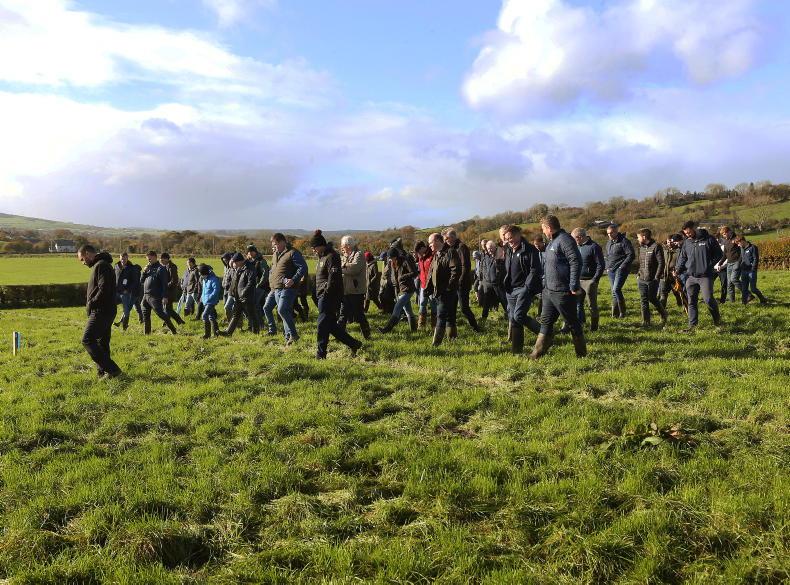The details of an imminent new deal on the NI protocol have not yet been shared with representatives from the local agriculture industry.
Alexander Kinnear from the Ulster Farmers’ Union (UFU) said the deal between the EU and UK, which is expected to be announced shortly, needs to address various technical issues that are affecting local farmers.
“If it’s not spelled out to us before its announced, we are going to end up where we were at the start, where it doesn’t suit half the people it needs to suit,” he said.
Speaking to UFU members in Limavady on Monday, Kinnear said the NI protocol has various benefits for local farmers, including full access to markets in the Republic of Ireland and the rest of the EU.
However, the protocol has also raised problems for NI farmers. Key issues surround importing seeds, plant protection products, livestock, and veterinary medicines from Britain.
Crucially, Kinnear pointed out that only around 20% of the NI protocol is being implemented at present and if the current grace periods expired without a new deal, then trade issues would get much worse.
“It’s impossible to say that the protocol needs [to be] scrapped. It’s equally impossible to say the protocol needs implemented in full. It’s not as black and white as that,” he said.
Green lanes
The forthcoming new deal on the NI protocol is widely expected to include the concept of “green lanes” or “express lanes” for goods entering NI from Britain.
These goods would be able to enter NI without checks, provided they are not moving on to the EU single market by crossing the border to the Republic of Ireland.
Kinnear gave the example of seed potatoes moving from Scotland for planting in NI soil, where there should be a strong argument that these shipments are eligible for the green lane.
“We have floated that idea and it has come back that it might not be. We need to see how this will work in practice,” he maintained.
Best of both
Kinnear said the UFU has been pressing for the “best of both worlds” throughout the entire Brexit process, where NI is able to have frictionless trade with the rest of the UK and the EU.
He maintained that an agreement between the UK and EU on plant, animal and food safety standards, known as an SPS agreement, would resolve a lot of the current issues surrounding the NI protocol.
Whilst the current Tory government continues to rule out an SPS agreement, Kinnear suggested a future government led by the Labour Party could be much more open to the idea.
“We always seem to get a kinder response from the Labour Party in terms of an SPS veterinary agreement,” he said.









SHARING OPTIONS